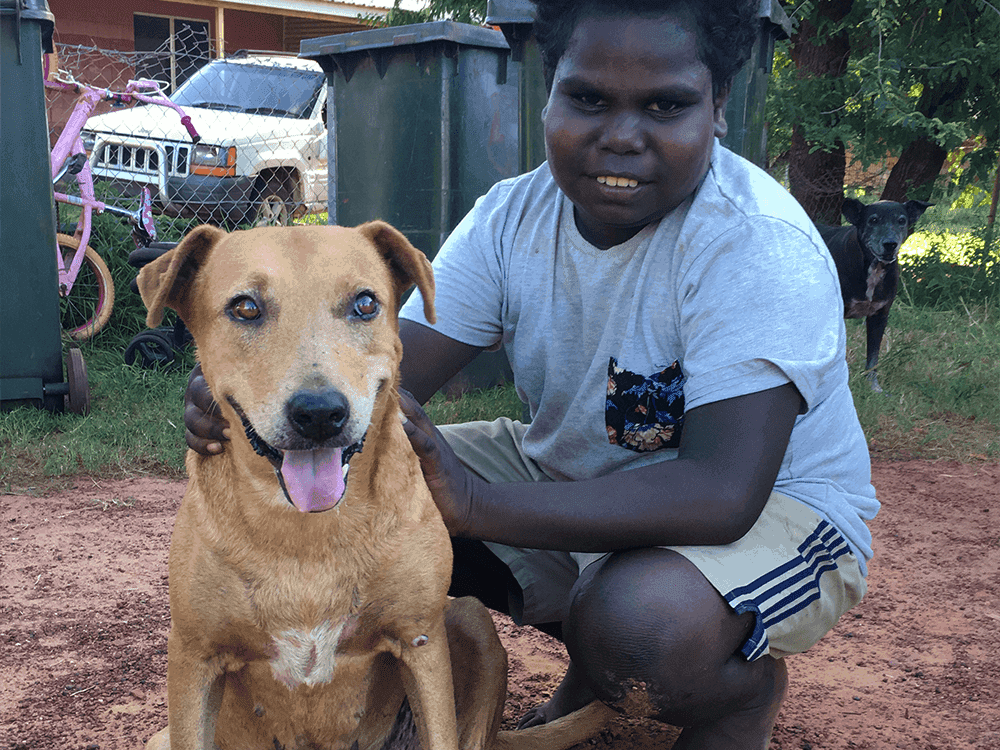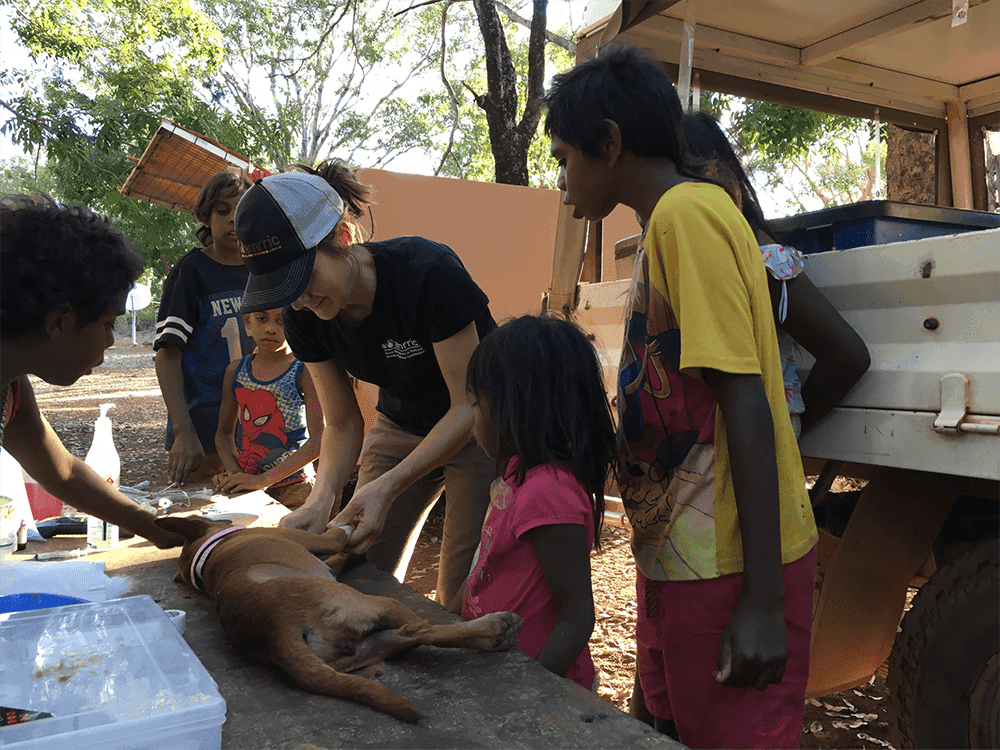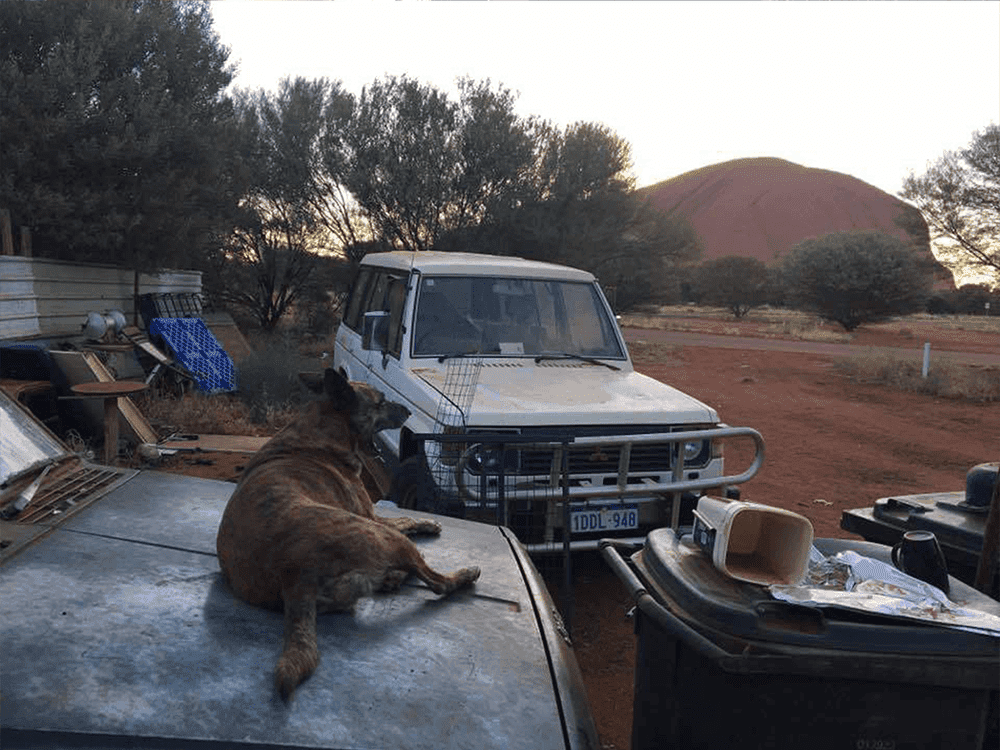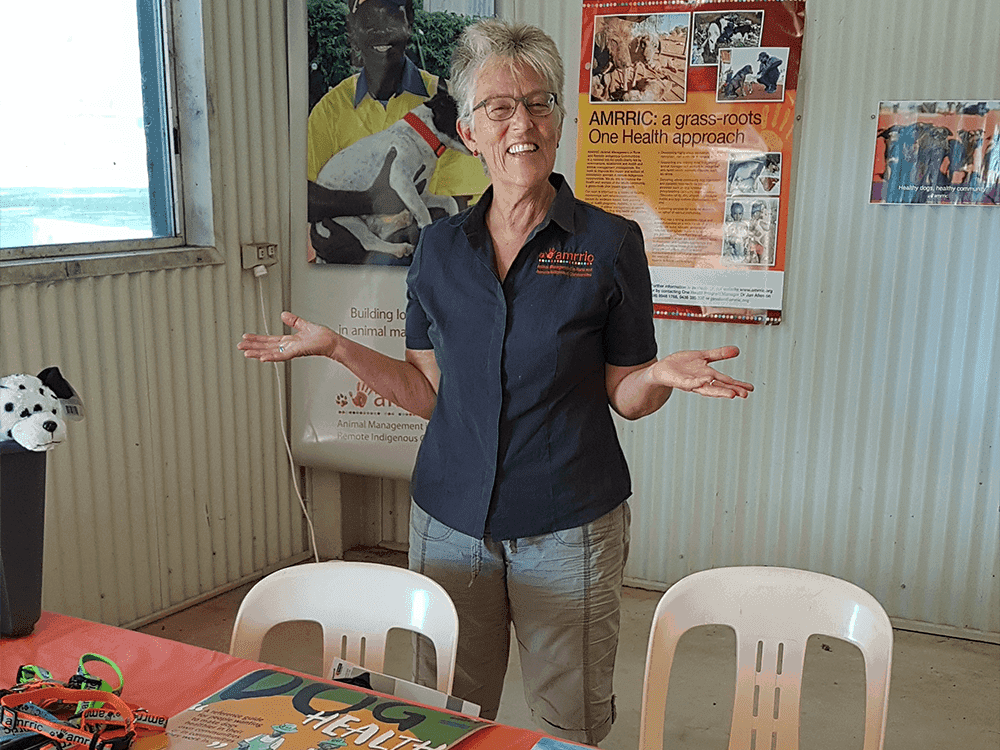Advocacy & Research
Advocacy & Research
Advocacy
AMRRIC works with communities to highlight the practical challenges of managing companion animals within the contexts of remoteness and limited resources. We work to ensure that stakeholders appreciate the cultural significance of animals to Aboriginal and Torres Strait Islander peoples. Stakeholders are made aware of the ramifications this has for respectful service delivery.
AMRRIC shares stories of success and increase awareness across a range of public and community platforms, media and Indigenous languages. Through advocacy, we raise awareness of:

The benefits of humane companion animal population management for animal populations. Additionally, human physical and mental health, livelihood, safety and wellbeing.

Zoonoses – animal to human disease transfer

Geographic remoteness of communities affecting access to veterinary services and education.

Sustainable and consistent approaches to providing companion animal care and other services. This includes funding models, appropriate policy and governance, and local capacity building.
Research
AMRRIC recognises that ethical and culturally respectful research partnerships can lead to
tangible benefits for remote communities, their people and their companion animals.
Additionally, AMRRIC recognises the benefits of the involvement of Aboriginal and Torres
Strait Islander people as full partners in research projects. Such collaboration is a model
that AMRRIC strongly supports as it builds capacity both within communities and of
Aboriginal and Torres Strait Islander researchers, institutions and organisations.
As an independent organisation focusing on all areas of companion animal management in
Aboriginal and Torres Strait Islander communities, AMRRIC is in a unique position to
facilitate effective and appropriate research collaborations.
AMRRIC’s Research Policy and strategic objectives inform the development and implementation of research projects which support advocacy for One Health One Wellbeing principles and responsibilities and support appropriate outcomes in public health and safety for people and animals in communities.